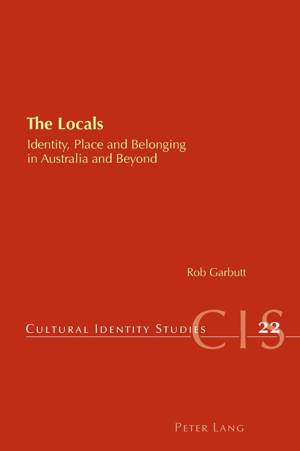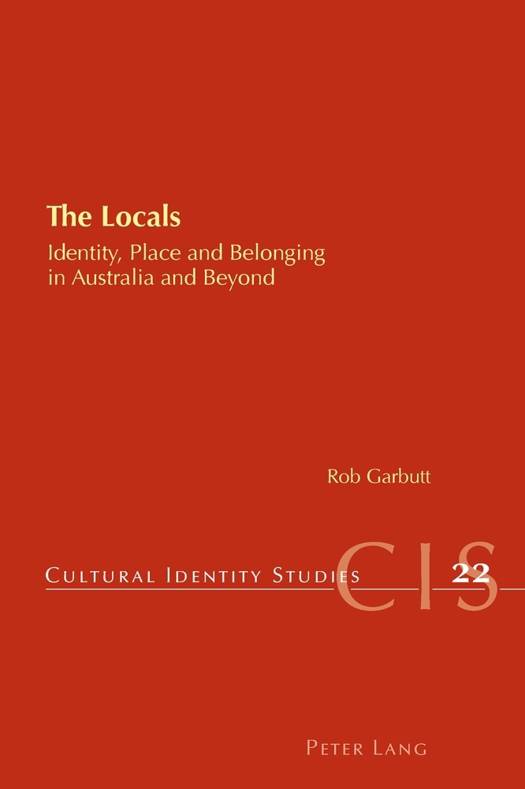
Door een staking bij bpost kan je online bestelling op dit moment iets langer onderweg zijn dan voorzien. Dringend iets nodig? Onze winkels ontvangen jou met open armen!
- Afhalen na 1 uur in een winkel met voorraad
- Gratis thuislevering in België vanaf € 30
- Ruim aanbod met 7 miljoen producten
Door een staking bij bpost kan je online bestelling op dit moment iets langer onderweg zijn dan voorzien. Dringend iets nodig? Onze winkels ontvangen jou met open armen!
- Afhalen na 1 uur in een winkel met voorraad
- Gratis thuislevering in België vanaf € 30
- Ruim aanbod met 7 miljoen producten
Zoeken
Omschrijving
This book presents the first comprehensive survey of being a local, in particular in Australia. As in much of the colonised, English-speaking world, in Australia the paradox is that the locals are not indigenous peoples but migrants with a specific ethnic heritage who became localised in time to label other migrants as the newcomers and outsiders. Claims of belonging as 'local' provide a crucial insight into power relations that extend beyond the local level to questions of national identity and the ethics of belonging in a postcolonial, multicultural nation. How have Anglo-Celtic Australians installed themselves as locals? Where do Indigenous Australians stand in this local politics of identity? What are the ethical considerations for how we connect our identities to places while also relating to others in a time of intensifying migration? This book explores these questions via a multidisciplinary cultural studies approach and a mixed methodology that blends a critical language study of being local with auto-ethnographical accounts by the author, himself a 'local'.
Specificaties
Betrokkenen
- Auteur(s):
- Uitgeverij:
Inhoud
- Aantal bladzijden:
- 250
- Taal:
- Engels
- Reeks:
- Reeksnummer:
- nr. 22
Eigenschappen
- Productcode (EAN):
- 9783034301541
- Verschijningsdatum:
- 4/03/2011
- Uitvoering:
- Paperback
- Formaat:
- Trade paperback (VS)
- Afmetingen:
- 150 mm x 224 mm
- Gewicht:
- 408 g

Alleen bij Standaard Boekhandel
+ 136 punten op je klantenkaart van Standaard Boekhandel
Beoordelingen
We publiceren alleen reviews die voldoen aan de voorwaarden voor reviews. Bekijk onze voorwaarden voor reviews.











